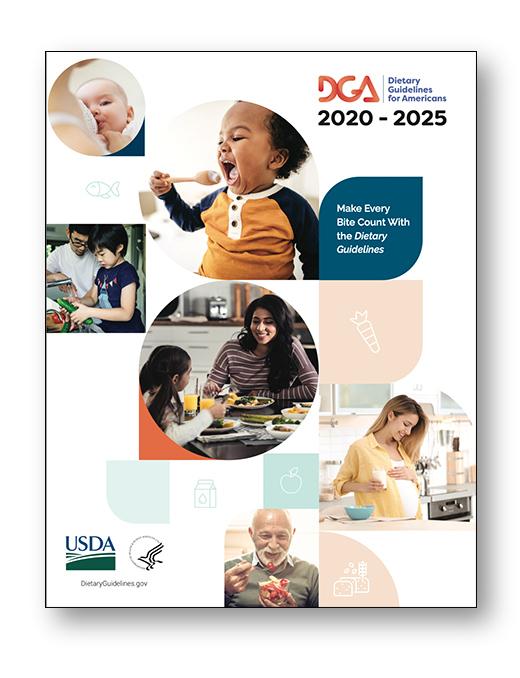The benefits of dietary supplements for health are recognized in the current Dietary Guidelines for Americans (DGAs). Overall, the DGAs acknowledge that “in some cases, fortified foods and dietary supplements may be useful in providing one or more nutrients that otherwise may be consumed in less than recommended amounts.”
 With respect to individual nutrients, the DGAs indicate that vitamin D supplementation may be appropriate in many cases, “especially when sunlight exposure is limited due to climate or the use of sunscreen.” In older adults, vitamin B12 adequacy can be an issue because their ability to absorb this nutrient can decrease with age and some medications can decrease absorption. In addition to foods fortified with vitamin B12, some older adults may require vitamin B12 supplements.
With respect to individual nutrients, the DGAs indicate that vitamin D supplementation may be appropriate in many cases, “especially when sunlight exposure is limited due to climate or the use of sunscreen.” In older adults, vitamin B12 adequacy can be an issue because their ability to absorb this nutrient can decrease with age and some medications can decrease absorption. In addition to foods fortified with vitamin B12, some older adults may require vitamin B12 supplements.

The DGAs also state, “Most healthcare providers recommend women who are pregnant or planning to become pregnant take a daily prenatal vitamin and mineral supplement in addition to consuming a healthy dietary pattern. This may be especially important to meet folate/folic acid, iron, iodine, and vitamin D needs during pregnancy.” Additionally, these women “are advised to take a supplement containing iron when recommended by an obstetrician or other healthcare provider” as iron deficiency affects about 1 in 10 pregnant women and 1 in 4 women in their third trimester.

Iodine needs increase during pregnancy and lactation since this nutrient is important for neurocognitive development of the fetus. Accordingly, the DGAs recognize that “Women who are pregnant or lactating may need a supplement containing iodine in order to achieve adequate intake.” The need for choline, which supports the growth and development of the fetus’ brain and spinal cord, also increases during pregnancy and lactation.

Most pregnant and lactating women do not meet the recommended intakes of this nutrient, and those who are concerned about meeting recommendations are encouraged to speak with their healthcare provider about choline supplementation. Additionally, the DGAs recommend that women following a vegetarian or vegan dietary pattern during pregnancy and lactation “should consult with a healthcare provider to determine whether supplementation of iron, vitamin B12, and/or other nutrients such as choline, zinc, iodine, or EPA/DHA is necessary and if so, the appropriate levels to meet their unique needs.”
Reference:
U.S. Department of Agriculture and U.S. Department of Health and Human Services. Dietary Guidelines for Americans, 2020–2025. 9th Edition. December 2020. Available at DietaryGuidelines.gov.
Learn more about how dietary supplements help fill nutrient gaps

